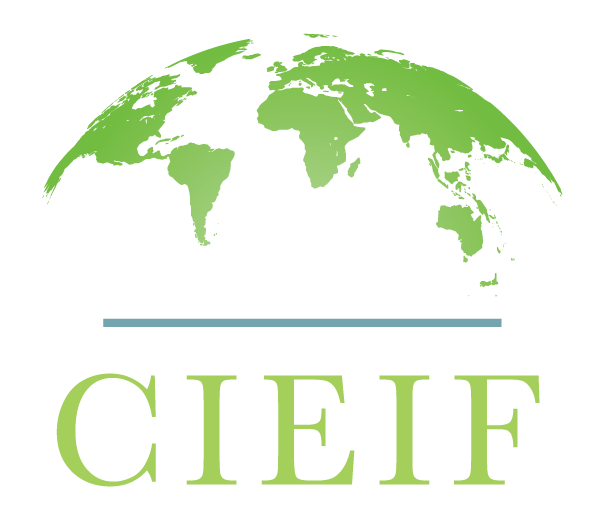Applicants should write a grant request that demonstrates how they would spend $75,000 usefully on EIA, predictive impact modeling, and/or engagement efforts with potentially impacted stakeholders – from local communities to government agencies – for their proposed climate intervention field test. If your application does not focus on at least one of those three elements it will be quickly rejected. Also, see What We Do for more information. Succinctness will be valued. Page length should not exceed 20, single-spaced, using 12 point font. English only. However, biosketches and any crucial science publications can be added as extra supplemental material. It is better to link to supplemental material whenever possible.
These ten questions must be addressed in an application:
- Complete contact information and biosketches for all personnel involved in the proposed field test, including all positions they hold.
- A full discussion of the proposed field test, including describing the prior research that indicates the technology is ready for the proposed field test. Include siting information and anticipated technical and environmental impact challenges. For the latter, include discussion of economic, social, and/or public health or safety challenges that may be foreseeable. Be sure to describe: what makes your climate intervention project innovative? And how will you spend $75,000 primarily on EIA, predictive impact modeling, and/or engagement efforts with potentially impacted stakeholders?
- Identify the needed government permits or approvals at all relevant levels of government.
- Provide a list of all prior publications related to the feasibility of the intervention technology and its potential to be scaled up to a climate-relevant scale.
- Identify at least two independent consulting firms that may be able to assist with the needed independent impact analysis or impact modeling, or other needed consultants that may match the economic, social license and/or health challenges of the project.
- Provide a rough budget for the needed work, which may include salary time for the applicant, plus any consultants, for time engaged in EIA and related work
- List all other funding sources for the investigation.
- Describe any insurance that may cover the proposed field test.
- Confirm your willingness to have results of the field test published at an appropriate time.
- Add any other key information about the proposed project that is not identified in the prior questions.
When your application is ready, before sending it contact Peter T. Jenkins, Manager, CIEIF, at info@CIEIF.org. He will discuss with you the best way to deliver it to CIEIF. We will keep all applications confidential. For the fourth grant round applications are due by August 1, 2025. Decisions on grants should be announced by October 1, 2025.
Selected applicants will dialogue with CIEIF personnel about the expert consulting needs that their proposed field test presents as far as EIA and/or impact modeling and/or outreach to potentially impacted stakeholders. Consultation may include confidential discussions on technical, siting, legal, and permitting issues. After scoping discussions are complete, the applicants will receive the initial third of their $75,000 grant upfront. The second and third payments will be disbursed on a schedule to be negotiated that reflects benchmarks associated with the project. Repeated annual funding will be possible. There will be no direct contractual relationships between CIEIF and any outside consultants. CIEIF staff will be available to grantees for occasional advice and consultation about progress of the grants. Grantees will need to agree to be identified on the CIEIF website and to credit CIEIF on their websites.
Publication of results: A major criterion in selecting applicants will be their willingness to publish their results either in a peer-reviewed journal or as a report with outside peer review that is not published in an established journal. One purpose of CIEIF will be to hold up our supported papers and reports as models for future climate intervention field tests. We recognize that CIEIF may need to be flexible in terms of the timing of such publications depending on the grantee’s situation as far as obtaining permits for the field test, enhancing social license, obtaining implementation funding, and other factors.
CIEIF Contact Information:
Email – info@CIEIF.org
Address – Climate Intervention Environmental Impact Fund, 4507 Maple Avenue, Bethesda, Maryland 20814 USA
